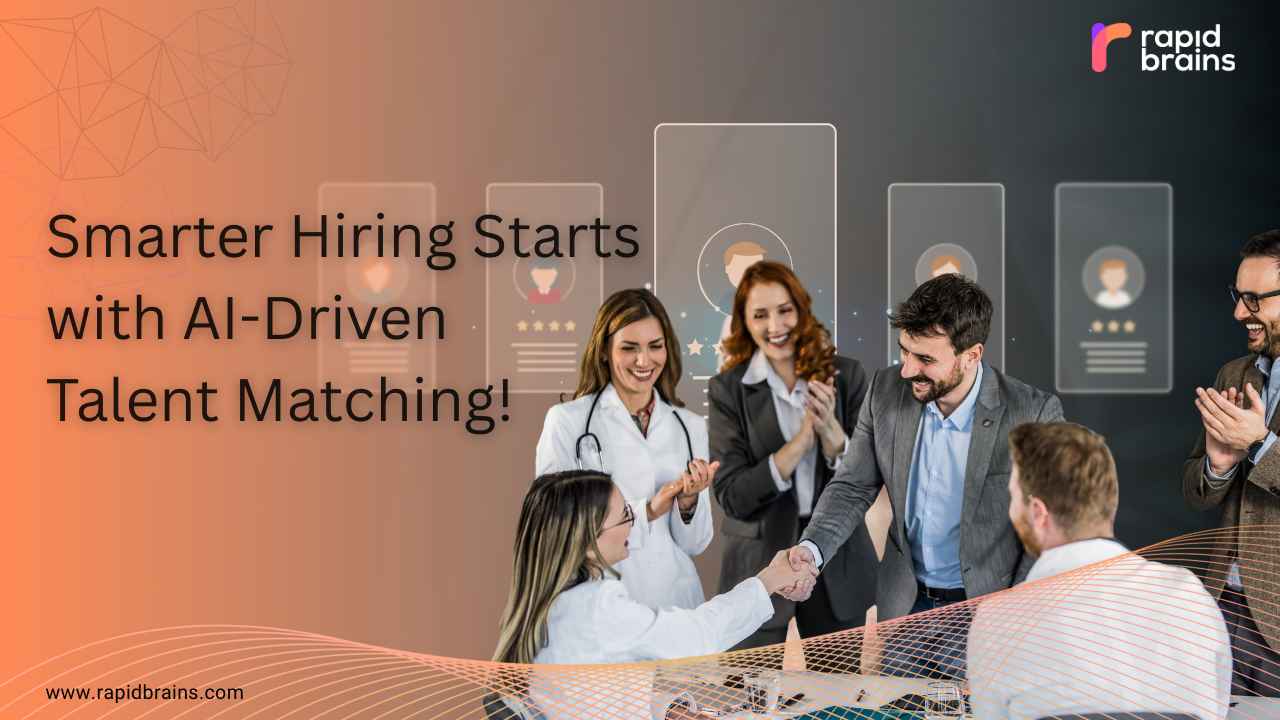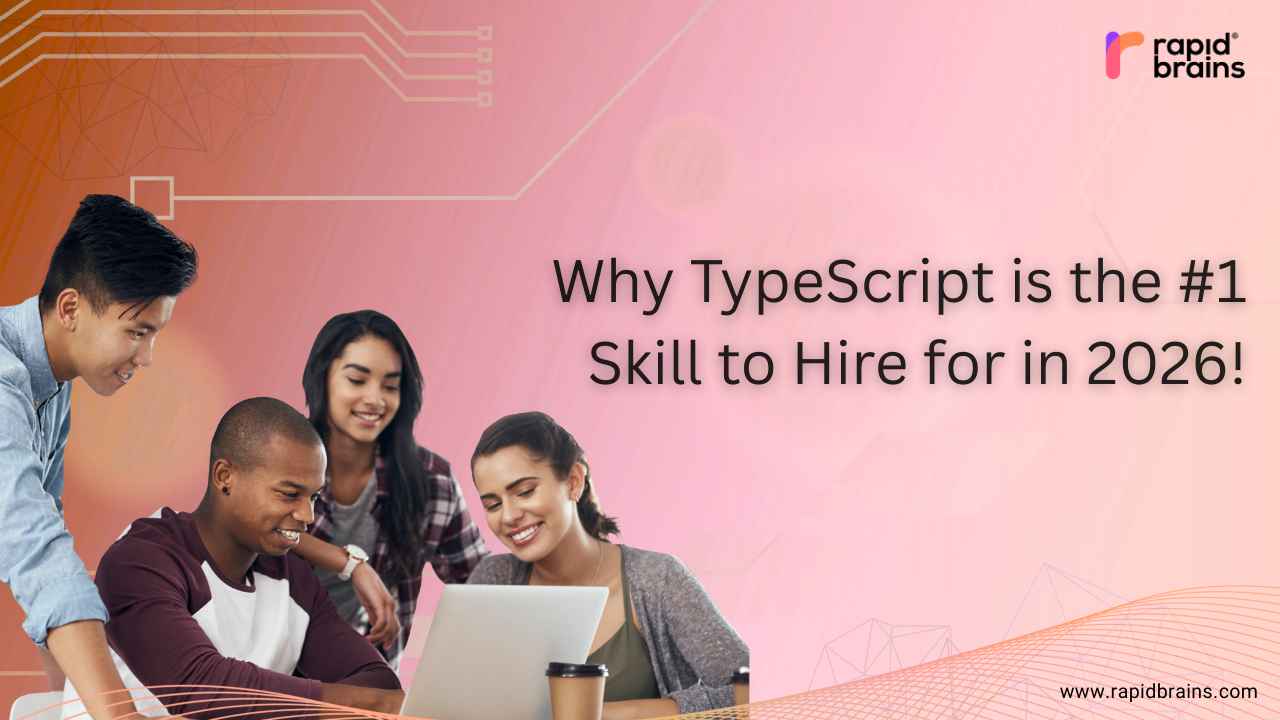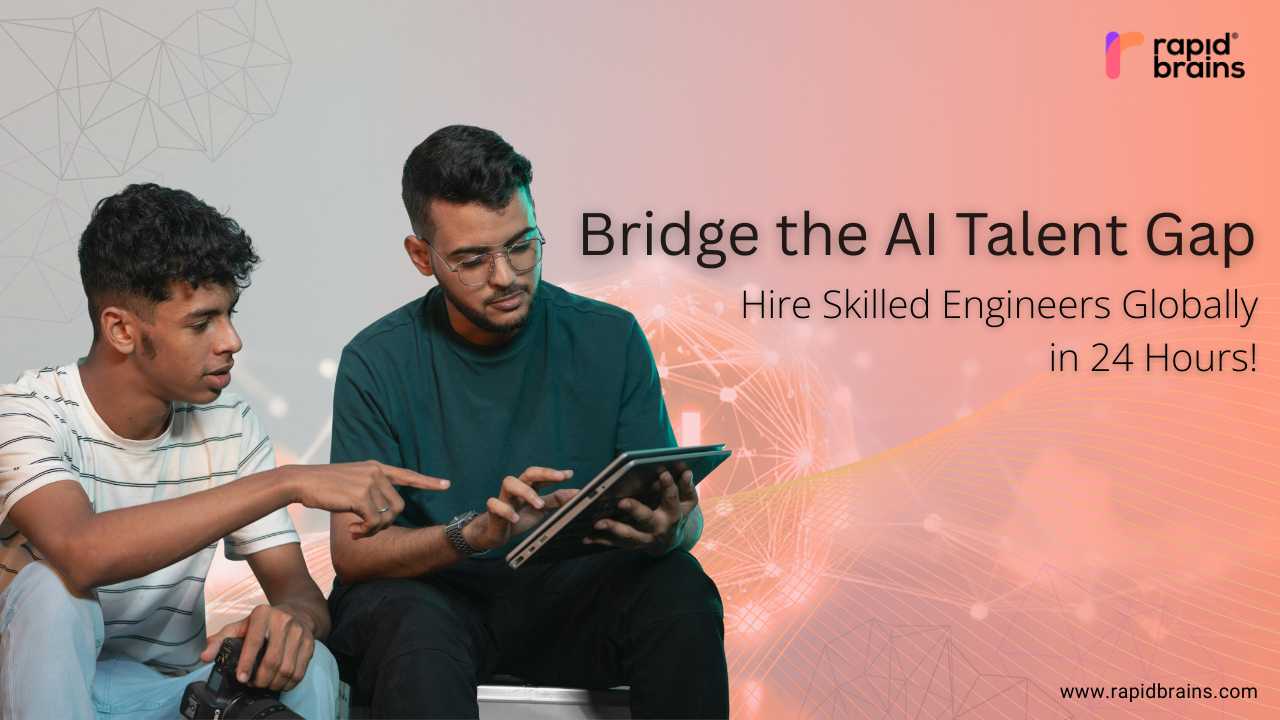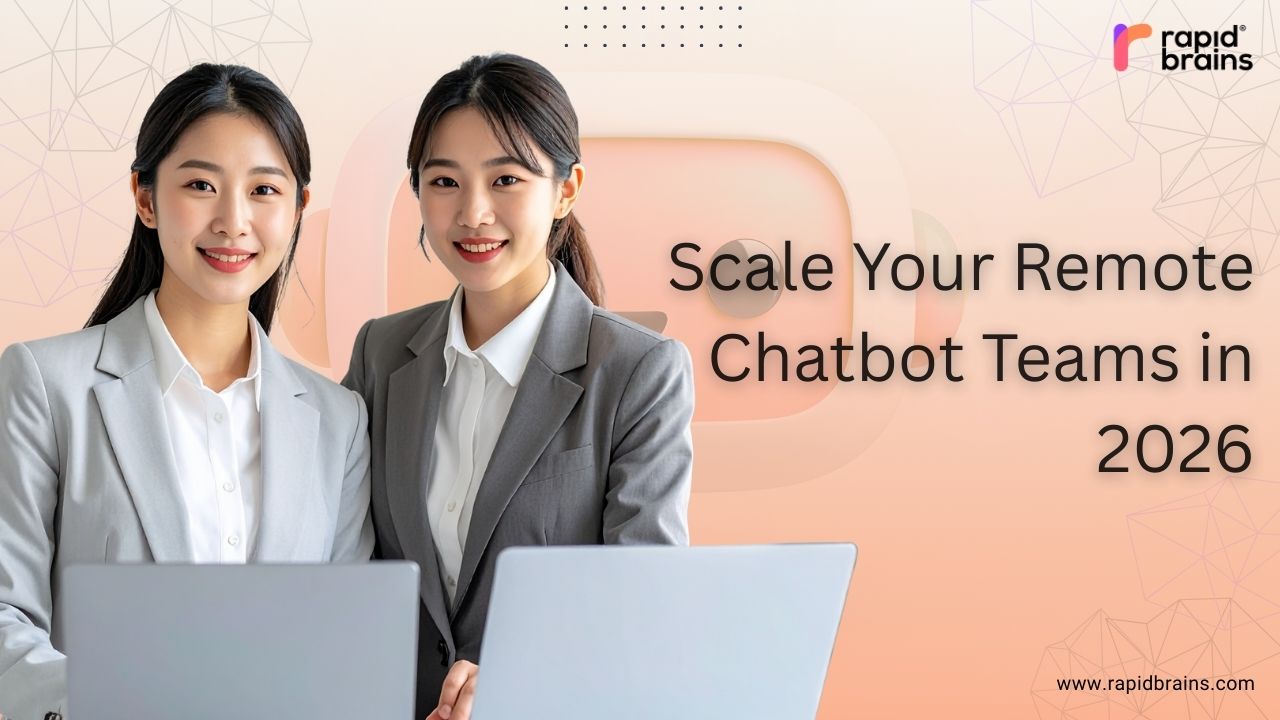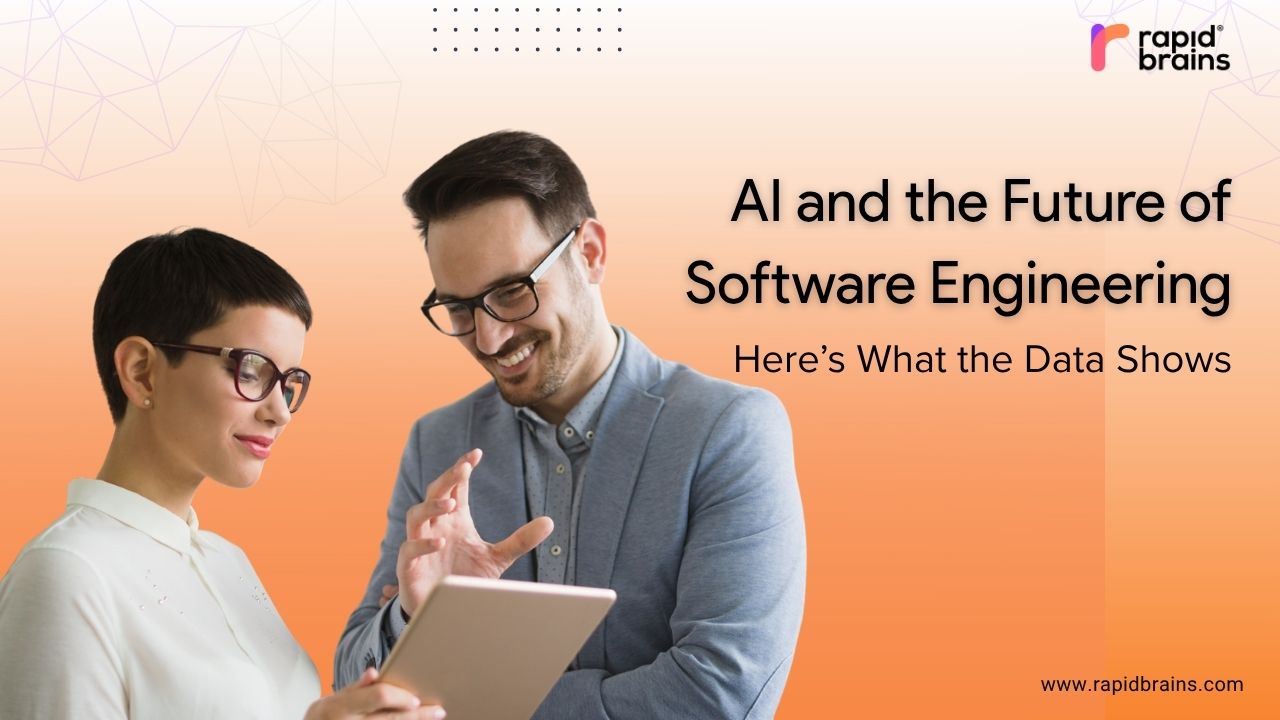
Introduction: The Changing Landscape of Software Engineering
Software development has always moved with the wave of innovation, from mainframes to microservices, from waterfall to agile. Now we’re poised at the edge of another paradigm shift: the marriage of artificial intelligence and software development. It is not a buzzword but a quantifiable force reshaping the trajectory of careers, code, and corporate expectations. The future of software engineering is no longer theoretical. Real-time developments are being fueled by automation, intelligent systems, and a fundamental reinterpretation of developer responsibilities.
AI is evolving into a co-pilot and is not an add-on.This blog investigates AI in software engineering, identifying opportunities, assessing risks, and examining the facts influencing the future of the sector.
Beyond Automation: What AI Means for Software Engineers
Many people have misconceptions about how artificial intelligence is incorporated into software engineering. Although automation is a major advantage, artificial intelligence (AI) plays a far larger part in modern development than just writing code or carrying out basic activities. It is drastically changing the developer’s duties, workflow, and processes for making decisions.
In conventional development, engineers write repetitive code, troubleshoot low-level problems, and look for the best code architectures for hours on end. As a cognitive assistant, AI currently takes care of a large portion of the manual labour, freeing up engineers to concentrate on more complex system design, creativity, and problem-solving.
Consider this transformation:
- AI-powered code orchestration is replacing manual coding.
- With AI anticipating and fixing issues before they occur, debugging is becoming more proactive.
- Thanks to insights from machine learning, software design is no longer static.
This change is an essential indication of the future of software engineering, where engineers collaborate with AI and think strategically about systems in addition to writing code.
AI-Powered Developer Toolchains: Building Smarter, Not Just Faster
The AI revolution is ingrained in the very tools that developers use daily, so it is not occurring in a vacuum. AI-enhanced capabilities abound in today’s software engineering toolchain, from code authoring to testing and deployment. By learning from patterns, individual habits, and millions of repositories, AI tools are evolving into extensions of the developer’s brain that provide insightful recommendations instantly.
Developer environments powered by AI are changing:
Code creation with context-aware, quicker autocomplete. Refactoring which improves the efficiency and cleanliness of legacy code. Testing, including the creation of test cases and wise recommendations. Documentation, since AI may use code and intent to provide complete or inline recommendations.
This is the true strength of AI and software development—it enables engineers to think bigger and build smarter. In this landscape, the OpenAI software engineer becomes more than simply a line-by-line programmer; they become an experienced designer, tool orchestrator, and knowledge curator.
Emerging Job Roles: A New Breed of Software Talent
Businesses are changing what they seek in engineering expertise as AI gets more and more integrated into development. Knowing languages like Python or JavaScript is no longer sufficient. The language of machine learning, quick engineering, API integration, and AI system ethics must be understood by the engineers of the future.
In the future, humans and AI will coexist in hybrid roles rather than merely AI performing tasks. As a result, hiring practices in the software industry have drastically changed.
Here are the most in-demand AI-age software roles:
- AI Integrators
These experts serve as a link between sophisticated AI tools and conventional systems. They integrate APIs, include models such as GPT into applications, and guarantee seamless connection between business logic and AI engines.
- ML Operation Engineers
Projects involving AI need operational support as they grow. ML operations engineers are in charge of versioning, pipeline management, dataset testing, and making sure models work well in real-world settings.
- UI/UX Developers with AI
They create user interfaces that enable smooth communication between humans and AI. This entails being aware of feedback loops, user psychology, and conversational design—a field that is becoming more and more popular in voice assistants and AI-powered platforms.
- Developers of Ethical AI
They are tasked with eradicating bias, guaranteeing transparency, and upholding ethical norms; they are essential to fostering confidence in AI systems.
These positions mark a significant shift in the future of software engineering. The engineers of the future are engineers of intelligence, not merely problem solvers.
Companies that are looking to the future are already hiring from carefully curated platforms such as RapidBrains’ OpenAI Developer Talent Pool, where candidates are evaluated not only on their code skills but also on their capacity to work with intelligent systems.
Furthermore, even conventional positions like frontend or backend engineers are changing:
- It is expected of backend engineers to create logic layers driven by AI.
- Understanding AI-generated UX customisation is essential for frontend developers.
- Full-stack engineers need fluency in model serving and API orchestration
This evolution opens vast new career opportunities for those ready to learn, adapt, and collaborate with machines.
The Human-AI Partnership: Not Man vs. Machine
The idea that AI is a zero-sum game, where the benefit of AI equals the loss of the human developer, is one of the most misinterpreted myths surrounding AI in the software sector. However, the actual situation is much more cooperative than competitive. The most encouraging advancements in AI and software development originate from collaborations rather than substitutions.
Rather than being afraid that AI will replace software engineers?” The industry is posing a more pertinent query: How might working with AI increase the value of software engineers?
AI enhances developers in 5 key ways:
- Speed: AI tools produce reusable routines and boilerplate code instantaneously.
- Accuracy: By examining context and providing fixes, AI systems minimise grammatical and logical errors.
- Insight: Based on extensive datasets, developers receive immediate feedback and design recommendations.
- Focus: Engineers can devote more time to addressing high-value business issues when routine processes are automated.
- Creativity: Developers can concentrate on exploration and invention by releasing mental bandwidth.
This collaboration is changing the future of software engineering. The issue is now one of man with machine rather than man or machine. In order to accomplish more in less time and with fewer mistakes, AI developers take on the role of conductors.
Consider a senior developer incorporating Codex from OpenAI: They use natural language to explain their objectives and let AI take care of the structure rather than writing each endpoint by hand. The AI-generated logic is then examined, adjusted, and implemented by the same developer while upholding accountability and design integrity. That’s what an OpenAI software engineer does—they create with assistance, not in isolation.
AI and software development currently represent two sides of the same coin. The developer’s responsibilities shift to include coordination, strategy, and oversight. Those who embrace this cooperation and become experts at intelligent collaboration will be the greatest engineers of the future.
How AI is Reshaping the Software Development Lifecycle (SDLC)
The impact of AI is increasingly felt throughout the software development lifecycle (SDLC), not just in discrete areas of the engineering workflow. The planning, development, testing, deployment, and maintenance of products are all impacted by this extensive change.
AI now improves each stage in the following ways:
| SDLC Phase | AI Impact Area | Common Tools/Practices |
| Requirements | User stories are interpreted by NLP engines. | Chat-based assistants and OpenAI GPT |
| Design | AI models mimic the results of architecture. | Figma AI and Lucidchart AI |
| Development | AI produces and refines code. | Copilot on GitHub and CodeWhisperer on Amazon |
| Testing | Intelligent automation for the development of test cases | Functionize, Diffblue, and Testim |
| Deployment | Predictive automation of CI/CD | Jenkins AI plugins, CircleCI AI |
| Monitoring & Support | AI-powered logs, notifications, and processes for resolution | Watchdog Datadog and New Relic AI |
This full-lifecycle augmentation demonstrates that AI is an intelligent companion ingrained in the very fabric of software development, not merely another tool.
What Developers Should Learn in the AI Age
- Basics of AI: Recognise the fundamentals of AI, including models, training data, NLP, transformers, embeddings, etc. You must comprehend how models operate even if you are not training them.
- Quick Engineering: Particularly crucial for developers of apps with LLM integration. These days, creating, testing, and refining prompts is a crucial component of AI and software development.
- Integration of Models and Management of APIs: Learn how to use Google PaLM, Cohere, OpenAI, and other APIs. These serve as the entry points for integrating intelligence into your program.
Career advancement requires developers with expertise in OpenAI integration, model deployment, and secure AI practices, all of which are actively sought after by platforms such as RapidBrains.
Conclusion: Embrace the Augmented Future
AI is a fundamental force that is changing the basic fabric of software engineering; it is not a fad. AI is not replacing jobs; rather, it is opening up new levels of productivity, creativity, and intelligence that programmers can use to create better software more quickly.
This is how this future appears:
- The future of software engineering is not automated but rather enhanced. Engineers who adjust will be at the forefront, while those who don’t will lag.
- AI in software engineering enhances human understanding rather than replaces it, making engineers quicker, more astute, and more strategic.
- AI and software development are now inextricably linked. AI is included in every stage of contemporary software architecture, from development to implementation.
- Will AI replace software engineers? The expectations of what it means to be one will be redefined, yet not.
- The ascent of the OpenAI software engineer represents a new breed of professionals capable of acting morally and thinking algorithmically in an intelligent system-driven world.
Leading the change is more important in this changing environment than simply remaining relevant. This entails adopting new technologies, being knowledgeable about new concepts, and being willing to reconsider your place in the software lifecycle.This transformation is already being made possible by platforms like RapidBrains and OpenAI Developer Network, which link multinational corporations with engineers prepared to prosper in the AI-powered future.
